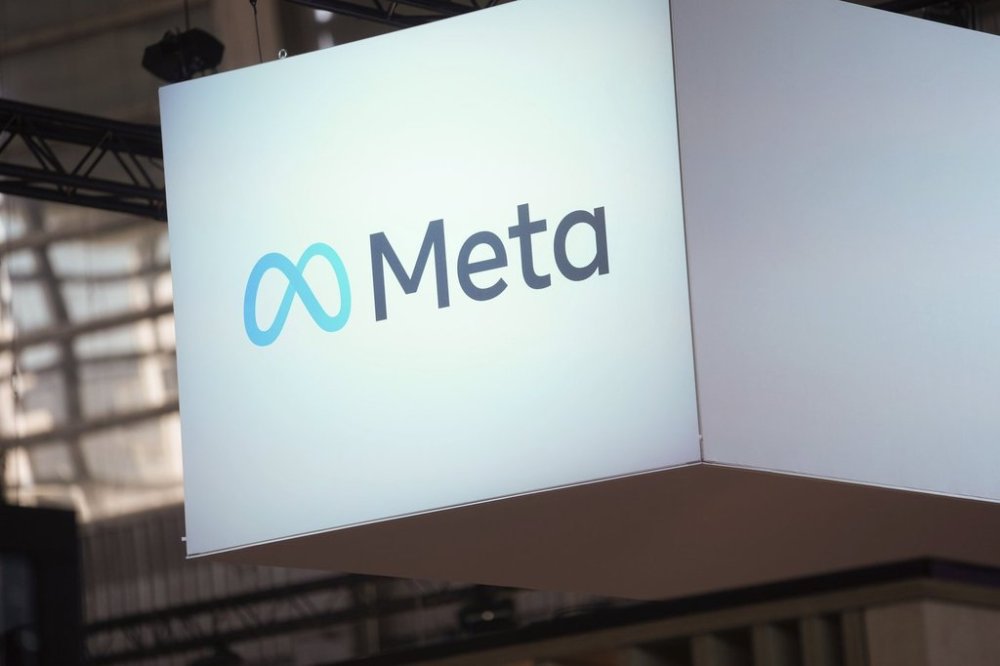Meta says it will resume AI training with public content from European users
Advertisement
Read this article for free:
or
Already have an account? Log in here »
To continue reading, please subscribe:
Monthly Digital Subscription
$1 per week for 24 weeks*
- Enjoy unlimited reading on winnipegfreepress.com
- Read the E-Edition, our digital replica newspaper
- Access News Break, our award-winning app
- Play interactive puzzles
*Billed as $4.00 plus GST every four weeks. After 24 weeks, price increases to the regular rate of $19.00 plus GST every four weeks. Offer available to new and qualified returning subscribers only. Cancel any time.
Monthly Digital Subscription
$4.75/week*
- Enjoy unlimited reading on winnipegfreepress.com
- Read the E-Edition, our digital replica newspaper
- Access News Break, our award-winning app
- Play interactive puzzles
*Billed as $19 plus GST every four weeks. Cancel any time.
To continue reading, please subscribe:
Add Winnipeg Free Press access to your Brandon Sun subscription for only
$1 for the first 4 weeks*
*$1 will be added to your next bill. After your 4 weeks access is complete your rate will increase by $0.00 a X percent off the regular rate.
Read unlimited articles for free today:
or
Already have an account? Log in here »
LONDON (AP) — Social media company Meta said Monday that it will start using publicly available content from European users to train its artificial intelligence models, resuming work put on hold last year after activists raised concerns about data privacy.
The company, which owns Facebook and Instagram, said that it would train its AI systems using public posts and comments shared by adult users in the 27-nation European Union.
“People’s interactions with Meta AI — like questions and queries — will also be used to train and improve our models,” the company said in a blog post.

Meta is making the move after launching its Meta AI assistant last month for European users, long after it rolled out to the United States and other major markets.
The company’s AI training efforts had been hampered by stringent European Union data privacy laws, which give people control over how their personal information is used. Vienna-based group NOYB, led by activist Max Schrems, had complained to various national privacy watchdogs about Meta’s AI training plans and urged them to stop the company before it started training its next generation of AI models.
Meta noted that a panel of EU privacy regulators in December “affirmed” that its original approach met legal obligations.
The company said it won’t use private messages to train its AI model and repeated its point that it is merely following the example of rivals Google and OpenAI, “both of which have already used data from European users to train their AI models.”
Meta said it will start notifying users in the EU about the training, and will include a link to a form where they can object at any time.
“We’ll honor all objection forms,” the company said.

